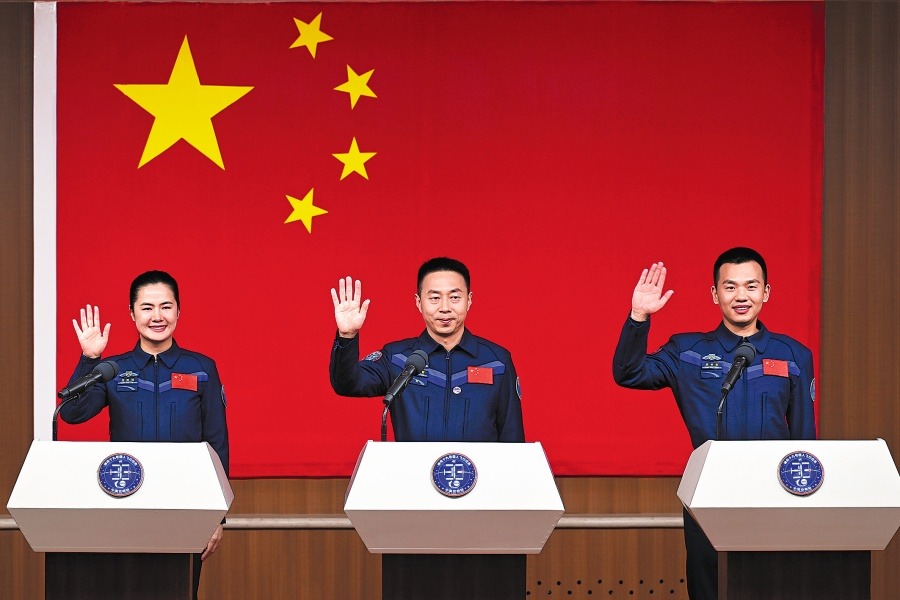Country's products to enjoy greater protection
Landmark deal reached in 2020 with European Union being expanded


John Clarke, former director-general of international relations at the European Union Directorate-General for Agriculture and Rural Development, said China's work to reform its GI system was one of the main reasons the EU and China were able to sign a landmark agreement on GI protection in 2020.
The deal, which took effect on March 1, 2021, was the first comprehensive and high-standard bilateral agreement on GI negotiated between China and foreign countries.
China and the EU were each other's second-largest trading partner in 2022. Statistics from China Customs show that the bilateral agri-food trade between the two sides that year amounted to $30.56 billion.
The reciprocal deal aims to provide high-level GI protection from both sides, effectively prevent the counterfeiting of GI products, and ensure that consumers enjoy genuine and high-quality goods.
Clarke, chief EU negotiator for the agreement, said many well-known European and Chinese names are stolen by imitators. "On the European market, you will see several producers of what is said to be Longjing tea hailing from New Zealand or Chinese Taipei," he said.
Similarly, on the Chinese market, there are amounts of fake Bordeaux, Cognac, feta and other types of cheese, he said, adding, "This agreement helps stop that."
As part of the agreement, some 200 iconic Chinese and European agri-food names, including Anxi Tieguanyin tea, Shaoxing wine, Prosciutto di Parma and Champagne, are protected against usurpation (the unlawful assumption of the use of property that belongs to someone else) and imitation in each other's market.
The agreement will be expanded to cover an additional 350 GI products from both sides — including Xuan paper from Anhui province — within four years of it taking effect. This is the first time the EU has included non-agricultural GI in the deal.
Joan Valadou, French consul general in Shanghai, said the role played by GI has been recognized in France. "It can ensure high-quality products, enhance consumers' trust, and help producers and small and medium-sized enterprises gain a stable income," he added.
























